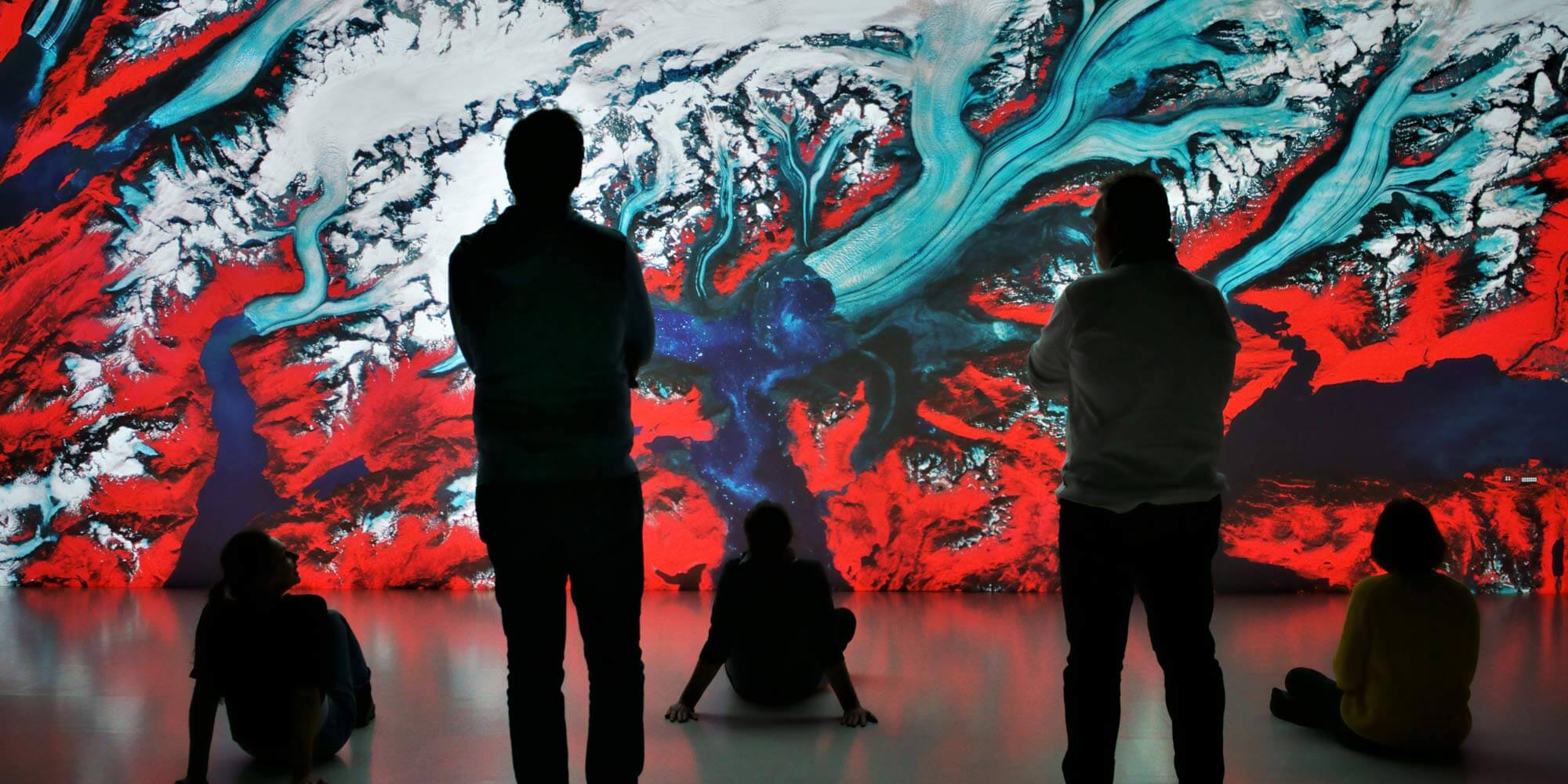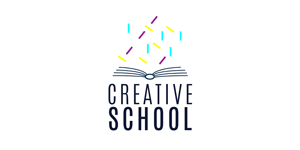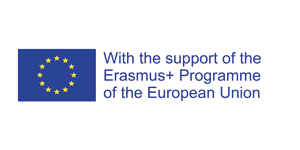Mobilising digital cultural heritage for school education
More and more children and young people need to develop higher level thinking skills in order to find solutions to social, emotional and economic problems, both personally and in the context of the wider world. They are encouraged to be creative, innovative, enterprising and adaptable, with the motivation, confidence and skills to use creative and critical thinking purposefully.
The Creative School project develops learning modules for children and school teachers, promoting self-directed learning, critical and visual thinking skills by using cultural heritage content made available by the partner organisations in Europe. This panel will introduce some of the open education resources developed in the project.
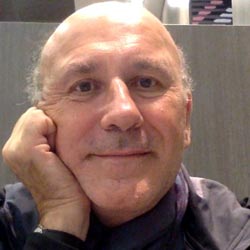 Pier Giacomo Sola (IT): Pier Giacomo Sola has been working since 1988 in several national and European projects in the field of Information technology for education, training and culture, and worked as an expert in several European Committees in this area. He has managed/contributed to over 100 research projects and studies in culture and education, for the European Commission and EU-funded programs (Erasmus Plus and Lifelong learning, European Regional Development Fund, Framework Programmes, etc.), national and regional government bodies, cultural heritage institutions, foundations, associations, and private clients. Pier-Giacomo is co-founder of the Michael Culture Association.
Pier Giacomo Sola (IT): Pier Giacomo Sola has been working since 1988 in several national and European projects in the field of Information technology for education, training and culture, and worked as an expert in several European Committees in this area. He has managed/contributed to over 100 research projects and studies in culture and education, for the European Commission and EU-funded programs (Erasmus Plus and Lifelong learning, European Regional Development Fund, Framework Programmes, etc.), national and regional government bodies, cultural heritage institutions, foundations, associations, and private clients. Pier-Giacomo is co-founder of the Michael Culture Association.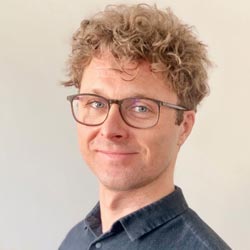 Andrew Newman is a producer for the European Platform for Digital Humanism at Ars Electronica in Linz and is focused on fostering cultures of transdisciplinary innovation. He is responsible for projects aimed at bringing artists and scientists together (STUDIOTOPIA) and creating STEAM learning experiences (Open Science Hub, Creative School and STEAM INC). He co-founded the Research Institute for Arts and Technology in Vienna where he focused on integrating artistic research methodologies into blockchain and open hardware research and development.
Andrew Newman is a producer for the European Platform for Digital Humanism at Ars Electronica in Linz and is focused on fostering cultures of transdisciplinary innovation. He is responsible for projects aimed at bringing artists and scientists together (STUDIOTOPIA) and creating STEAM learning experiences (Open Science Hub, Creative School and STEAM INC). He co-founded the Research Institute for Arts and Technology in Vienna where he focused on integrating artistic research methodologies into blockchain and open hardware research and development. Jo-Anne Sunderland Bowe (UK), is director of Heritec Limited, a small UK-based heritage education consultancy which works on European collaborative projects. Jo-Anne has a keen interest in exploring new research methodologies and creative practices in the museum and heritage sector, particularly around object-based learning and creative and critical thinking. She has extensive experience as a project manager, researcher, trainer, educator, evaluator and facilitator in the museum and heritage sector, working with a number of different organisations. Jo-Anne Sunderland Bowe has a degree in History and Archaeology at the University of Durham and has an MA in Cultural Heritage Studies from University College London. Jo-Anne is a AHRC Funded-TECHNE PhD candidate at the University of Roehampton (Media, Culture and Languages). Her interdisciplinary research project in applied linguistics, museum studies and education focusses on object-based learning, language learning opportunities and the value of museum visits for ESOL (English for speakers of other languages) learners.
Jo-Anne Sunderland Bowe (UK), is director of Heritec Limited, a small UK-based heritage education consultancy which works on European collaborative projects. Jo-Anne has a keen interest in exploring new research methodologies and creative practices in the museum and heritage sector, particularly around object-based learning and creative and critical thinking. She has extensive experience as a project manager, researcher, trainer, educator, evaluator and facilitator in the museum and heritage sector, working with a number of different organisations. Jo-Anne Sunderland Bowe has a degree in History and Archaeology at the University of Durham and has an MA in Cultural Heritage Studies from University College London. Jo-Anne is a AHRC Funded-TECHNE PhD candidate at the University of Roehampton (Media, Culture and Languages). Her interdisciplinary research project in applied linguistics, museum studies and education focusses on object-based learning, language learning opportunities and the value of museum visits for ESOL (English for speakers of other languages) learners.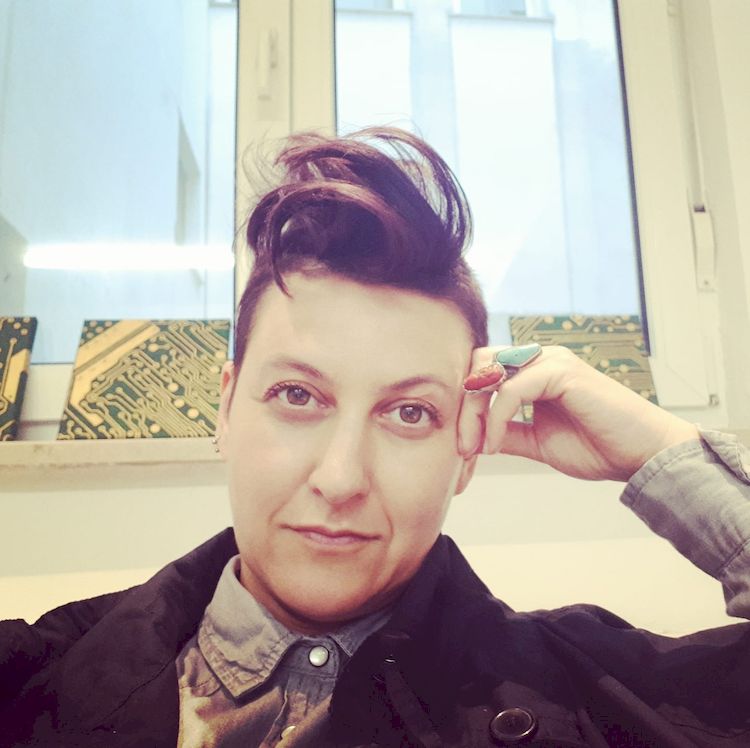 Deborah Hustic (HR) is the co-founder, artistic director and project manager of Radiona Makerspace – Zagreb; STEAM and environmental consultant; new media art curator & media artist; CEO and co-founder of Intergalaktik (2020) – start-up company for electronics production (FPGA, Smart City, museum production, etc.), Textil{e}tronics (2012) – wearables related projects. She has taken part in numerous international and domestic exhibitions, festivals and conferences concerning DIY/DIWO, STEAM, new media and hacker/maker cultures, as well as on topics about the development of art, technology and science education. She has been exploring and working on sustainable models of management for media labs, hackerspaces and makerspaces. For the last ten years she has been developing community building methods and managing eco systems at the intersections of creativity, education and innovation.
Deborah Hustic (HR) is the co-founder, artistic director and project manager of Radiona Makerspace – Zagreb; STEAM and environmental consultant; new media art curator & media artist; CEO and co-founder of Intergalaktik (2020) – start-up company for electronics production (FPGA, Smart City, museum production, etc.), Textil{e}tronics (2012) – wearables related projects. She has taken part in numerous international and domestic exhibitions, festivals and conferences concerning DIY/DIWO, STEAM, new media and hacker/maker cultures, as well as on topics about the development of art, technology and science education. She has been exploring and working on sustainable models of management for media labs, hackerspaces and makerspaces. For the last ten years she has been developing community building methods and managing eco systems at the intersections of creativity, education and innovation.Credits
This project has been funded with the support of the European Union and the French National Agency for the Erasmus+ Programme.
